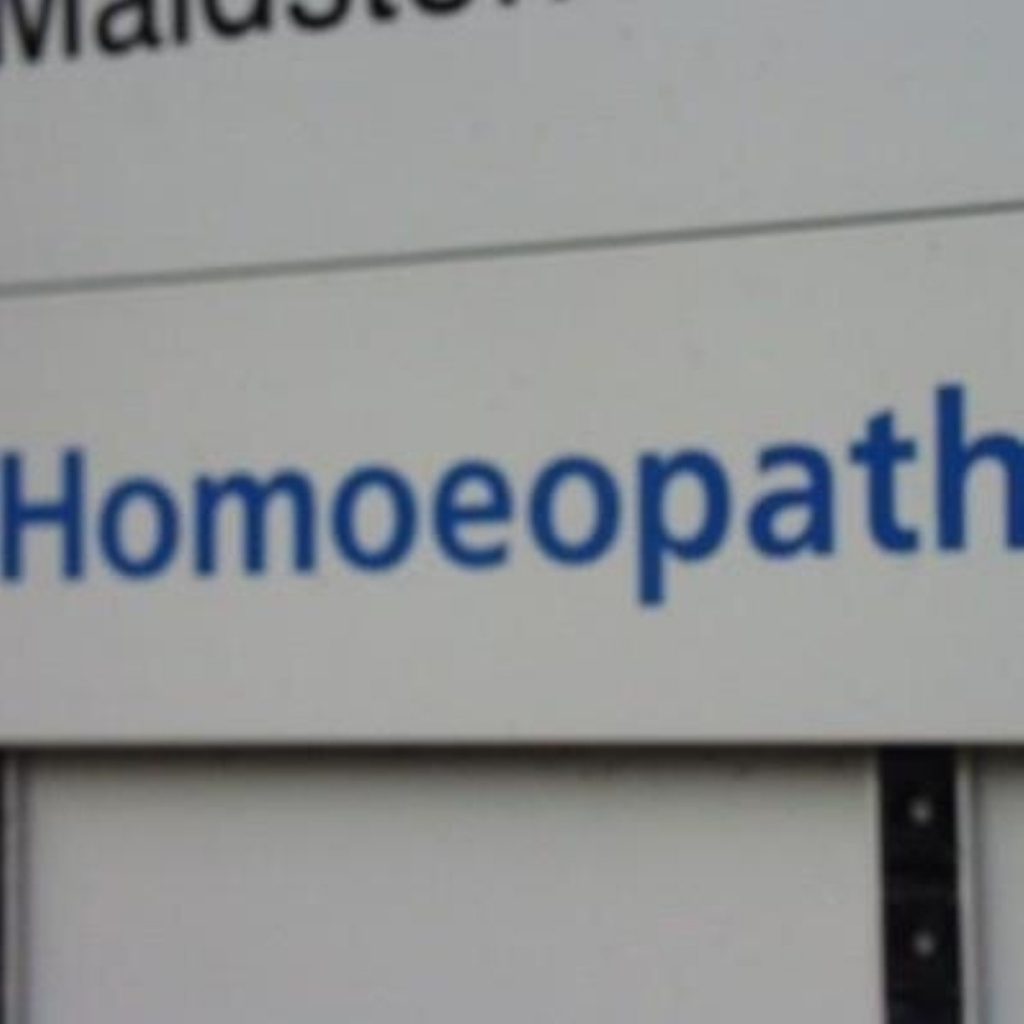Govt support for homeopathy ‘risking lives’
The government’s chief scientific adviser has warned of the risks of promoting homeopathic medicine.
Sir David King told MPs government support for homeopathic medicines created the risk people with serious conditions could rely on the remedy in preference to conventional treatments.
He said the Department of Health was wrong to support the use of alternative medicine when there is no scientific evidence it works.
Giving evidence to the Commons innovation, university and skills committee, Sir David said anyone relying on homeopathic remedies to treat a serious health problem risked doing more harm than good.


Sir David told MPs: “There is not one jot of evidence supporting the notion that homeopathic medicines are of any assistance whatsoever.
“Therefore I would say they are a risk to the population because people may take them expecting they are dealing with a serious problem.”
He added concerns that the Medicines Health and Regulatory Authority allows homeopathic remedies to be labelled with what ailments they will treat, with little scientific evidence backing up the claims.
Sir David said: “How can you have homeopathic medicines labelled by a department which is driven by science?”
The NHS allows primary care trusts to fund homeopathic treatments despite uncertainty over the effectiveness of such techniques.
The Homeopathic Society maintains homeopathy does work and points to an increasing body of evidence that supports its stance.
Taking issue with Sir David’s remarks, Jane Thomas, vice-chairman of the society, told politics.co.uk there was no evidence to suggest homeopathic treatments are putting anyone’s life at risk.
She explained that any registered homeopath would “absolutely recommend” patients consult with their GP if they appeared to have a serious underlying condition.
Speaking to the committee, Sir David also criticised the Daily Mail and Today programme for their “campaigns” against GM food and the MMR vaccine.
He warned uptake of MMR in some areas is now so low the measles virus could spread, risking “significant fatalities” among children.









